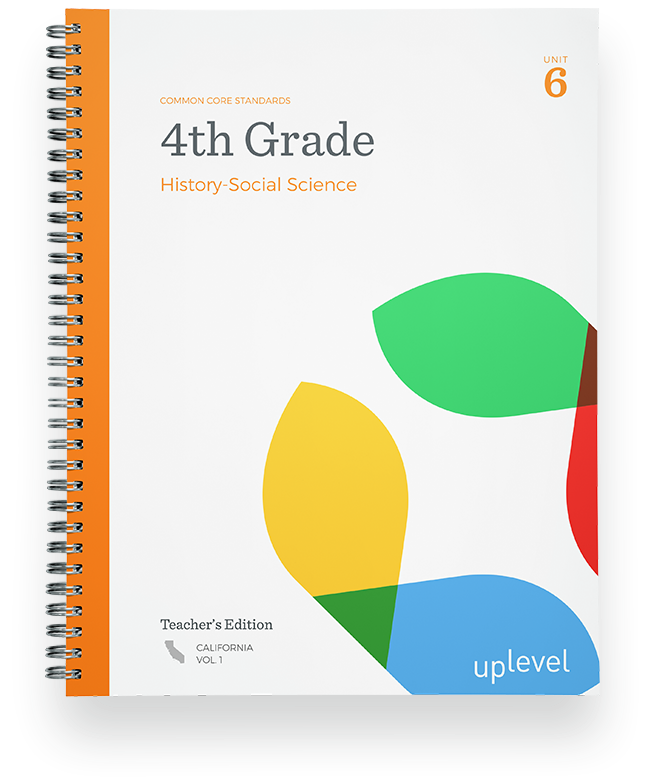5th Grade
$4,100 plus tax
By 5th Grade, children are focused on developing social connections that reinforce academic curiosity. Encouraging positive, structured interactions along the way, we explore historical narratives with Common Core Language Arts while applying guided research skills and history-social science analysis to chemistry, astronomy, and ecology.
- 9 separate units (Common Core integrated through science & history-social science)
- Covers 36 weeks of curriculum
- Psychologically based social skills
- Guided Reading and Writing
- Multiple read alouds matched to content in each unit: poetry, nonfiction, and fiction
- Common Core Standards (Reading: Informational Text, Reading: Literature, Reading: Foundational, Language, Speaking/Listening)
- Next Generation Science Standards (experiments, engineering, and design)
- History-Social Science Standards
- STEAM (science, technology, engineering, arts, & math) connections

